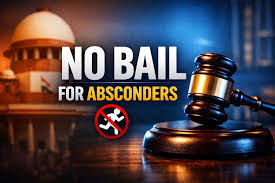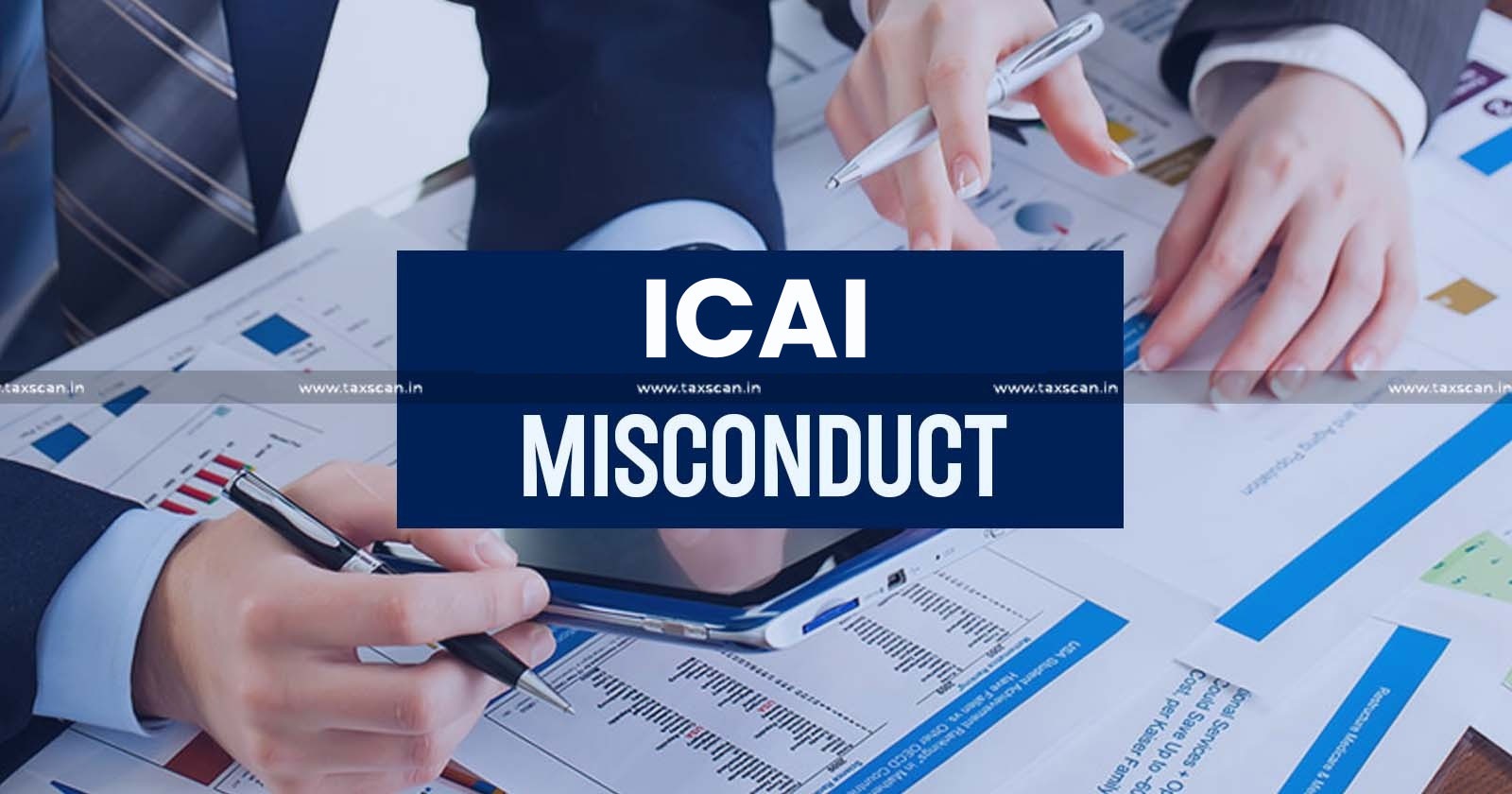L.N. Mittal, J.@mdashThis is revision petition filed by State of Haryana (in short, the State) under Article 227 of the Constitution of India to assail judgment dated 27.03.2008 (Annexure II) passed by learned Additional District Judge, Karnal. Respondent No. 1-M/s. Bridge & Roof Company (India) Limited (A Govt. of India undertaking) (in short, the Company) executed work of the petitioner-State. There was dispute between the parties. The dispute was referred to respondent No. 2-Arbitrator who gave award dated 26.11.1999 awarding Rs. 61.37 lacs to be paid by petitioner to respondent No. 1 less Rs. 5.32 lacs awarded to the petitioner.
2. Respondent No. 1 filed application for making the award as rule of the Court under Sections 14 and 17 of the Arbitration Act, 1940 (in short, the Act) along with interest @ 24% per annum whereas petitioner State filed objections u/s 30 of the Act for setting aside the award. Learned Additional Civil Judge (Senior Division), Karnal vide judgment dated 01.03.2007 dismissed the objection petition filed by State and allowed the application made by respondent No. 1 and made the award as rule of the Court.
3. State of Haryana preferred appeal against judgment of the trial Court whereas respondent No. 1 filed cross-objections in the said appeal claiming future interest on the awarded amount from the date of decree till recovery. Learned Additional District Judge, Karnal vide impugned judgment dated 27.03.2008 dismissed the appeal as well as the cross-objections. Feeling aggrieved, State has filed this revision petition.
4. Respondent No. 1 has also filed CR No. 2101 of 2010 claiming future interest on the awarded amount @ 24% per annum from the date of decree till recovery. The said revision petition shall also stand disposed of by this common order.
5. I have heard learned counsel for the parties and perused the case file.
6. Counsel for the petitioner-State contended that the award can be set aside even on merits u/s 30 of the Act. The contention cannot be accepted. The award can be set aside u/s 30 of the Act on limited grounds i.e. Arbitrator has misconducted himself or the proceedings or the award has been made after supersession of the arbitration proceedings or after the arbitration proceedings became invalid or the award has been improperly procured or is otherwise invalid. In the instant case, the petitioner-State filed objections u/s 30 of the Act to challenge the award mainly on merits. However, arbitration award cannot be challenged on merits. Counsel for petitioner-State relied on judgment of Hon''ble Supreme Court in case of
7. Both the courts below have discussed in detail the objections raised by the State and have arrived at concurrent finding against the State. There is no infirmity, much less illegality, perversity or jurisdictional error in impugned judgments of the Courts below in this regard so as to call for interference by this Court at the instance of State of Haryana by exercising power under Article 227 of the Constitution of India. Accordingly CR No. 5832 of 2008 filed by the State of Haryana is devoid of merit.
8. Now coming to CR No. 2101 of 2010, counsel for the Company contended that u/s 29 of the Act, Court has discretion to award future interest from the date of decree of trial Court till recovery and there is no reason to decline the same to the Company. It was pointed out that the trial Court did not advert to the aforesaid claim of the Company whereas the lower Appellate Court rejected the same without assigning any reason.
9. On the other hand, counsel for State contended that future interest cannot exceed 6% per annum in view of Section 34 of the CPC (in short, CPC). It was also contended that the lower Appellate Court has exercised its discretion by declining to grant future interest and there is no reason to interfere with the same.
10. I have carefully considered the rival contentions. u/s 29 of the Act, discretion has been given to the Court to grant future interest from the date of decree till recovery at such rate as the Court deems reasonable. Thus award of future interest as well as rate thereof has been left to the discretion of the Court. In the instant case, the trial Court did not adjudicate upon the claim of the Company regarding future interest at all whereas the lower Appellate Court declined the same without assigning any reason. On the other hand, ordinarily in case of money decree, future interest should also be awarded unless there is some special or exceptional circumstance to deny the same. In the instant case, there is no special or exceptional reason or circumstance to deny the relief of future interest to the Company. On the other hand, the Company has been deprived of the decretal amount and, therefore, should be compensated by awarding future interest also at reasonable rate.
11. As regards rate of interest, Section 34 CPC, which limits the future rate of interest to 6% per annum in the case of non-commercial transaction, is not applicable to this case because Section 29 of the Act specifically empowers the Court to award future interest at such rate as the Court deems reasonable, without fixing any lower or upper limit Consequently, future interest has to be awarded at such rate as the Court deems reasonable, without any fetters of upper or lower limits.
12. In the instant case, keeping in view all the circumstances and also the fact that amount has to be paid by State of Haryana whereas the Company is Government of India undertaking, I deem it reasonable to award future interest @ 9% per annum on the decretal amount from date of decree of the trial Court till recovery. It is ordered accordingly. Resultantly CR No. 5832 of 2008 filed by State of Haryana is dismissed whereas CR No. 2101 of 2010 filed by the Company is allowed to the extent indicated hereinbefore.

